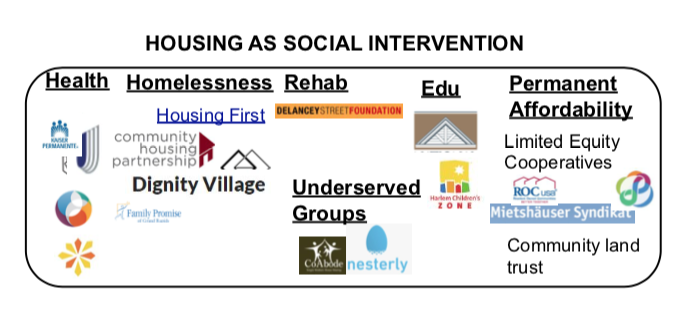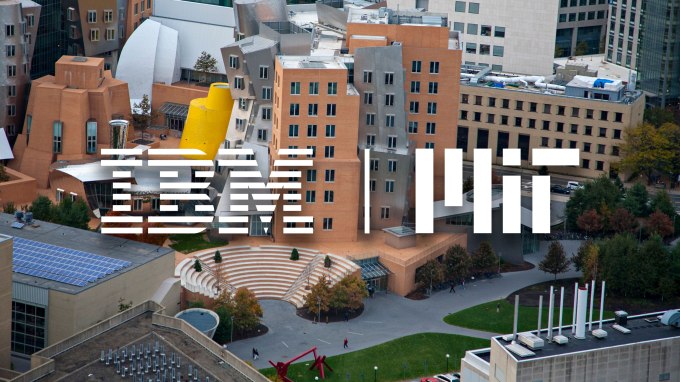There are few topics as hot right now in the enterprise as customer experience management, that ability to collect detailed data about your customers, then deliver customized experiences based on what you have learned about them. To help understand the challenges companies face building this kind of experience, we are bringing Segment CEO Peter Reinhardt to TechCrunch Sessions: Enterprise on September 5 in San Francisco (p.s. early-bird sales end this Friday, August 9).
At the root of customer experience management is data — tons and tons of data. It may come from the customer journey through a website or app, basic information you know about the customer or the customer’s transaction history. It’s hundreds of signals and collecting that data in order to build the experience where Reinhardt’s company comes in.
Segment wants to provide the infrastructure to collect and understand all of that data. Once you have that in place, you can build data models and then develop applications that make use of the data to drive a better experience.
Reinhardt, and a panel that includes Qualtrics’ Julie Larson-Green and Adobe’s Amit Ahuja, will discuss with TechCrunch editors the difficulties companies face collecting all of that data to build a picture of the customer, then using it to deliver more meaningful experiences for them. See the full agenda here.
Segment was born in the proverbial dorm room at MIT when Reinhardt and his co-founders were students there. They have raised more than $280 million since inception. Customers include Atlassian, Bonobos, Instacart, Levis and Intuit .
Early-bird tickets to see Peter and our lineup of enterprise influencers at TC Sessions: Enterprise are on sale for just $249 when you book here; but hurry, prices go up by $100 after this Friday!
Are you an early-stage startup in the enterprise-tech space? Book a demo table for $2,000 and get in front of TechCrunch editors and future customers/investors. Each demo table comes with four tickets to enjoy the show.

 Feature Labs, a startup with roots in research begun at MIT, officially launched today with a set of tools to help data scientists build machine learning algorithms more quickly. Co-founder and CEO Max Kanter says the company has developed a way to automate “feature engineering,” which is often a time consuming and manual process for data scientists. “Feature Labs helps…
Feature Labs, a startup with roots in research begun at MIT, officially launched today with a set of tools to help data scientists build machine learning algorithms more quickly. Co-founder and CEO Max Kanter says the company has developed a way to automate “feature engineering,” which is often a time consuming and manual process for data scientists. “Feature Labs helps…  IBM and MIT came together today to sign a 10-year, $240 million partnership agreement that establishes the MIT-IBM Watson AI Lab at the prestigious Cambridge, MA academic institution. The lab will be co-chaired by Dario Gil, IBM Research VP of AI and Anantha P. Chandrakasan, dean of MIT’s School of Engineering. Big Blue intends to invest $240 million into the lab where IBM researchers…
IBM and MIT came together today to sign a 10-year, $240 million partnership agreement that establishes the MIT-IBM Watson AI Lab at the prestigious Cambridge, MA academic institution. The lab will be co-chaired by Dario Gil, IBM Research VP of AI and Anantha P. Chandrakasan, dean of MIT’s School of Engineering. Big Blue intends to invest $240 million into the lab where IBM researchers…  The problem is it’s not an easy undertaking to change the way a large organization operates. Real initiative gets bogged down in politics, hierarchical thinking and institutional inertia. Change requires more than inspiration. It takes hard work — and often the skill of a used car salesman to sell your idea to a reluctant C suite.
The problem is it’s not an easy undertaking to change the way a large organization operates. Real initiative gets bogged down in politics, hierarchical thinking and institutional inertia. Change requires more than inspiration. It takes hard work — and often the skill of a used car salesman to sell your idea to a reluctant C suite. Long before LinkedIn went public or before a plethora of on-demand startups began washing the Bay Area and other U.S. cities with services at the click of a button, there was this startup from an MIT grad called Assured Labor. David Reich started the company in 2008 to make informal labor markets in Latin America faster and more transparent for low-skilled workers. It was a social enterprise…
Long before LinkedIn went public or before a plethora of on-demand startups began washing the Bay Area and other U.S. cities with services at the click of a button, there was this startup from an MIT grad called Assured Labor. David Reich started the company in 2008 to make informal labor markets in Latin America faster and more transparent for low-skilled workers. It was a social enterprise…